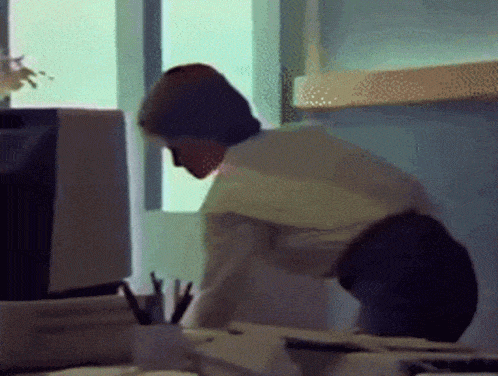When I was a teenager and still lived at home with my mother, she would periodically burst through my bedroom door to collect dirty laundry, survey the grim scene before me and say, “You need to tidy up in here” or some variation. Week after week, it would be the same. Maybe some weeks I’d show willing by moving a stack of pop magazines from one corner …
Keep reading with a 7-day free trial
Subscribe to The truth about everything* to keep reading this post and get 7 days of free access to the full post archives.




